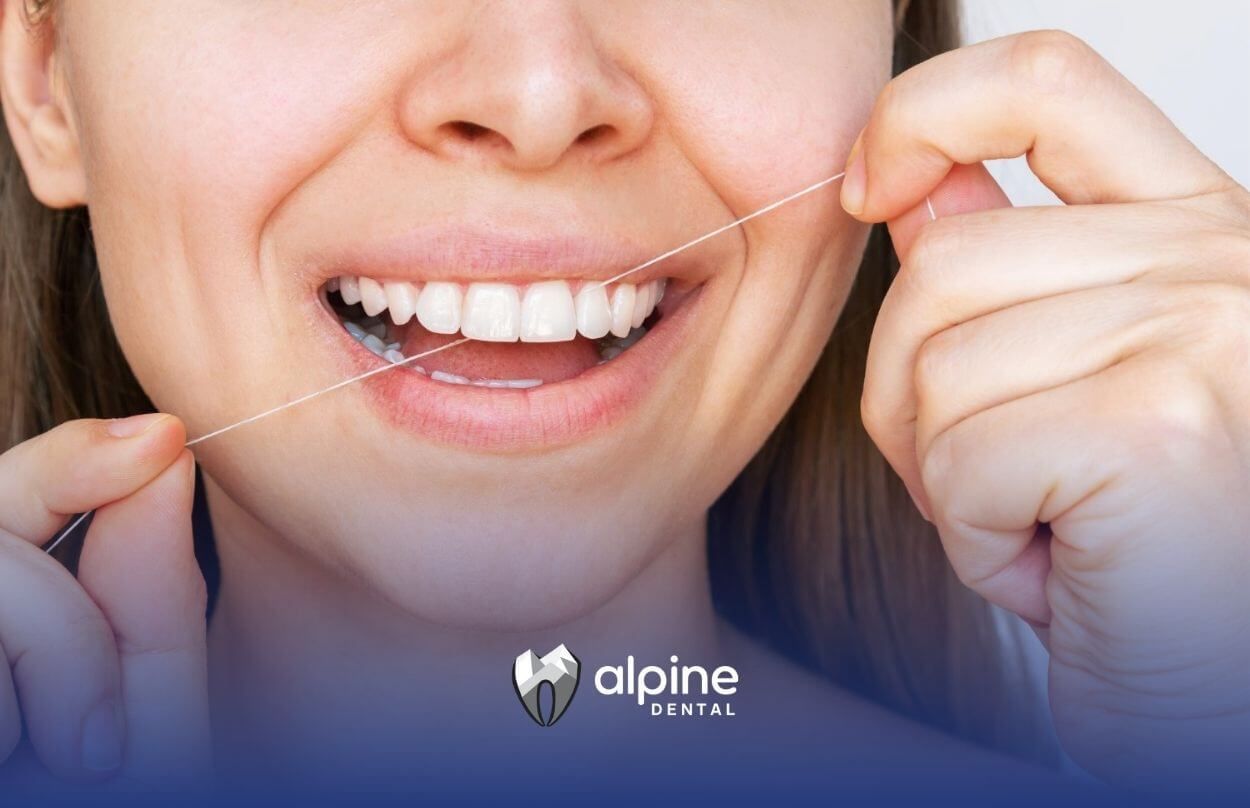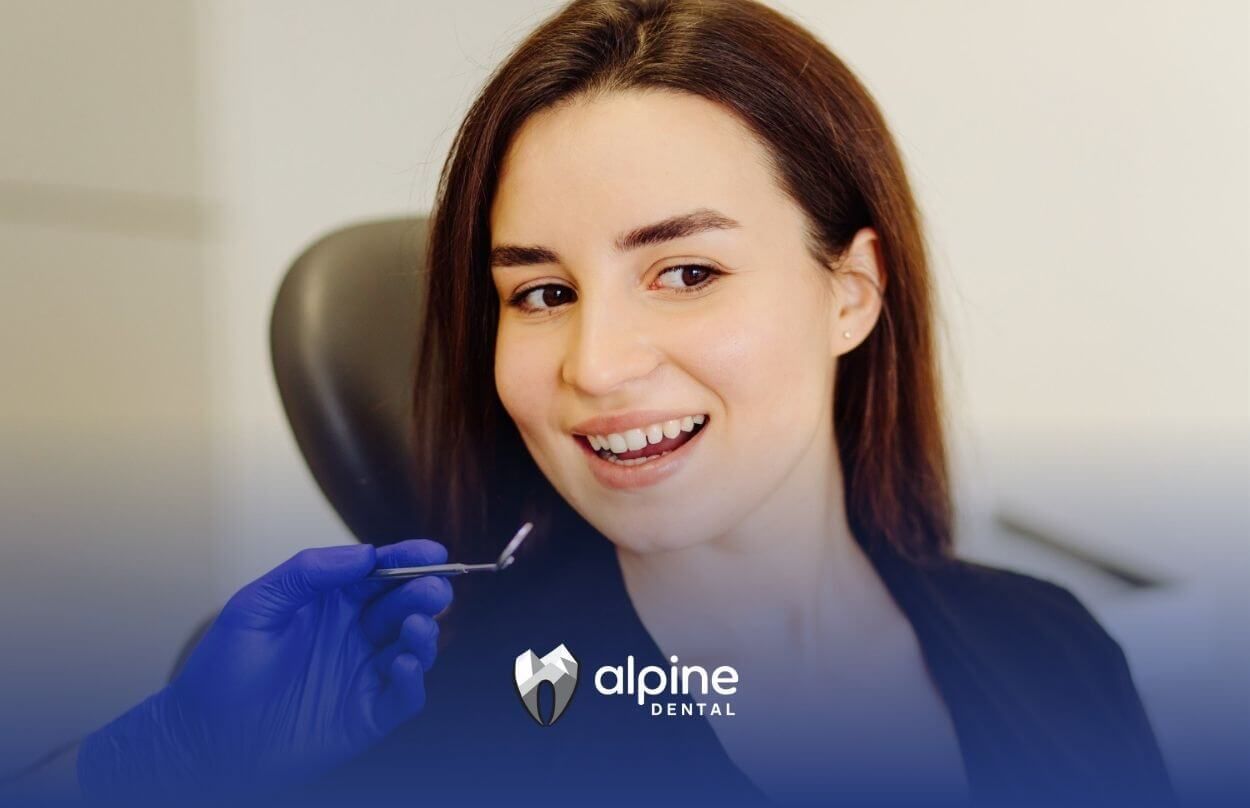Can Ozempic Impact Dental Health? Expert Insights
Key Highlights
- Ozempic, a popular weight loss drug and diabetes treatment, has raised questions about its impact on dental health, especially around "Ozempic teeth."
- Some users report side effects like dry mouth, which can increase the risk of tooth decay, gum issues, and oral discomfort.
- Changes in saliva flow and acid reflux associated with Ozempic may contribute to enamel erosion and bad breath.
- There’s growing concern on social media about unexpected oral health problems linked to Ozempic use.
- Staying hydrated, maintaining good oral hygiene, and regular dental visits are key for prevention.
- If you notice unusual symptoms, consult your dental professional early for the best care.
If you take Ozempic, you might already know about its benefits. But what about the possible side effects on your mouth? Social media is full of “Ozempic teeth” stories, and many patients are starting to ask their dentists tough questions.
I remember one client telling me she couldn’t figure out why her breath was suddenly bad, despite brushing twice a day. The only change? She had started Ozempic two months earlier.
What Is Ozempic and How Does It Work?
Ozempic’s Role in Blood Sugar and Weight Management
Ozempic is the brand name for semaglutide, a GLP-1 receptor agonist. It works by:
- Stimulating insulin release when blood sugar is high
- Reducing glucagon, which prevents spikes in blood sugar
- Slowing how quickly food leaves your stomach, helping you feel full longer
According to the American Diabetes Association (2024), these effects not only control blood sugar but also support significant weight loss in many patients.
Why Dentists Are Talking About It
Medications that change your metabolism, digestion, and eating patterns can also affect your mouth — often indirectly. In our clinic, we’ve seen Ozempic users experience dry mouth, acid reflux, and dietary shifts that may increase the risk of cavities or gum problems.
How Ozempic Might Affect Dental Health
Common Oral Side Effects in Patients
While every patient’s experience is different, the side effects we’ve most often heard about include:
- Dry mouth (xerostomia) — reduced saliva flow
- Nausea and vomiting — exposes teeth to stomach acid
- Acid reflux — increases enamel erosion risk
- Bad breath — often linked to dryness or dietary changes
- Changes in taste — may alter food choices
As Dr. Ricky Marshall, DDS, explains:
“Saliva is the body’s natural defense against cavities. When it’s reduced, bacteria thrive, acids linger, and tooth enamel weakens.”
The “Ozempic Teeth” Conversation
The term “Ozempic teeth” didn’t come from dentists — it came from social media. But it’s been showing up in our appointments, too. Patients describe rapid tooth decay, gum sensitivity, and persistent bad breath after starting Ozempic.
One patient of ours, who had always been cavity-free, came in just six months after her last visit with three new areas of decay. She’d started Ozempic during that time, and along with the positive changes in weight and blood sugar, she noticed her mouth felt constantly dry.
Recognizing Dental Symptoms Early
Signs We Tell Patients to Watch For
- Persistent dry mouth or sticky feeling in the mouth
- Sudden increase in tooth sensitivity
- Bleeding or inflamed gums
- Bad breath that doesn’t improve with regular brushing
A 2023 Journal of Oral Medicine review found that reduced saliva can increase cavity risk by up to 60% in certain populations. This is why we stress early reporting of symptoms.
Preventing Dental Problems While Taking Ozempic
Daily Oral Care Recommendations from Our Dental Team
- Brush twice daily with a fluoride toothpaste
- Floss once a day to remove plaque between teeth
- Use a fluoride mouth rinse for added protection
- Sip water frequently throughout the day
- Chew sugar-free gum to stimulate saliva flow
Dietary Tips for a Healthier Smile
- Choose calcium-rich foods like cheese, yogurt, and leafy greens
- Limit acidic drinks such as soda, citrus juices, and energy drinks
- Eat crunchy vegetables like carrots and celery to help naturally clean teeth
- Avoid frequent sugary snacks that feed harmful bacteria
Partnering With Your Dentist While on Ozempic
Why We Need to Know About Your Medications
Your medication list isn’t just paperwork — it’s a roadmap to understanding your oral health. If you’re taking Ozempic, tell us so we can:
- Apply extra fluoride treatments if needed
- Recommend dry mouth products or saliva substitutes
- Schedule more frequent checkups to catch issues early
We recently had a patient who informed us about her Ozempic use after noticing mild gum swelling. Because we knew her medication history, we adjusted her care plan immediately — and avoided a bigger problem down the road.
The Bottom Line for Ozempic Users
Ozempic is an important tool for managing diabetes and weight, but it may come with changes in your oral health. These changes are often preventable if caught early.
At Alpine Dental, our priority is to help you maintain a healthy smile — no matter what’s in your medicine cabinet. If you’re on Ozempic and notice any changes in your mouth, we recommend booking a visit right away.
Frequently Asked Questions
What symptoms related to dental health should I report to my dentist while on Ozempic?
If you use Ozempic, you should tell your dentist right away if you notice dry mouth or have any new pain in your mouth. Let them know if your gums feel swollen, start to bleed, or your teeth suddenly feel more sensitive. These signs could be about dental problems or changes in your oral health. Getting help early can be better for you.
Are any Ozempic-induced dental problems reversible after discontinuing the medication?
The way dental problems from Ozempic get better depends on the kind of issue you have. Some things, like dry mouth and the signs that come with it, may get better after you stop using the drug. But other problems, such as cavities or enamel erosion, might not go away when you stop taking it, and you may need help from a dentist. The scientific evidence we have now isn't clear on this. So if you get dental problems or notice changes, it is good to talk to a dental expert.
Does Ozempic impact dental treatments or recovery after oral procedures?
There’s no good proof that Ozempic stops dental treatments or slows down healing. But having oral health problems, like dry mouth or gum inflammation, can change how fast you recover. You should tell your healthcare professionals about all the medicines you take, including Ozempic. This helps them plan early intervention and make sure your care is the best it can be.
Sources:
- https://www.healthline.com/health-news/ozempic-teeth-may-impact-dental-health
- https://health.clevelandclinic.org/ozempic-face
- https://www.foxnews.com/health/ozempic-ruining-your-teeth-what-know-about-impact-dental-health
- https://www.verywellhealth.com/ozempic-teeth-11744691
- https://www.nature.com/articles/s41415-025-8563-0




